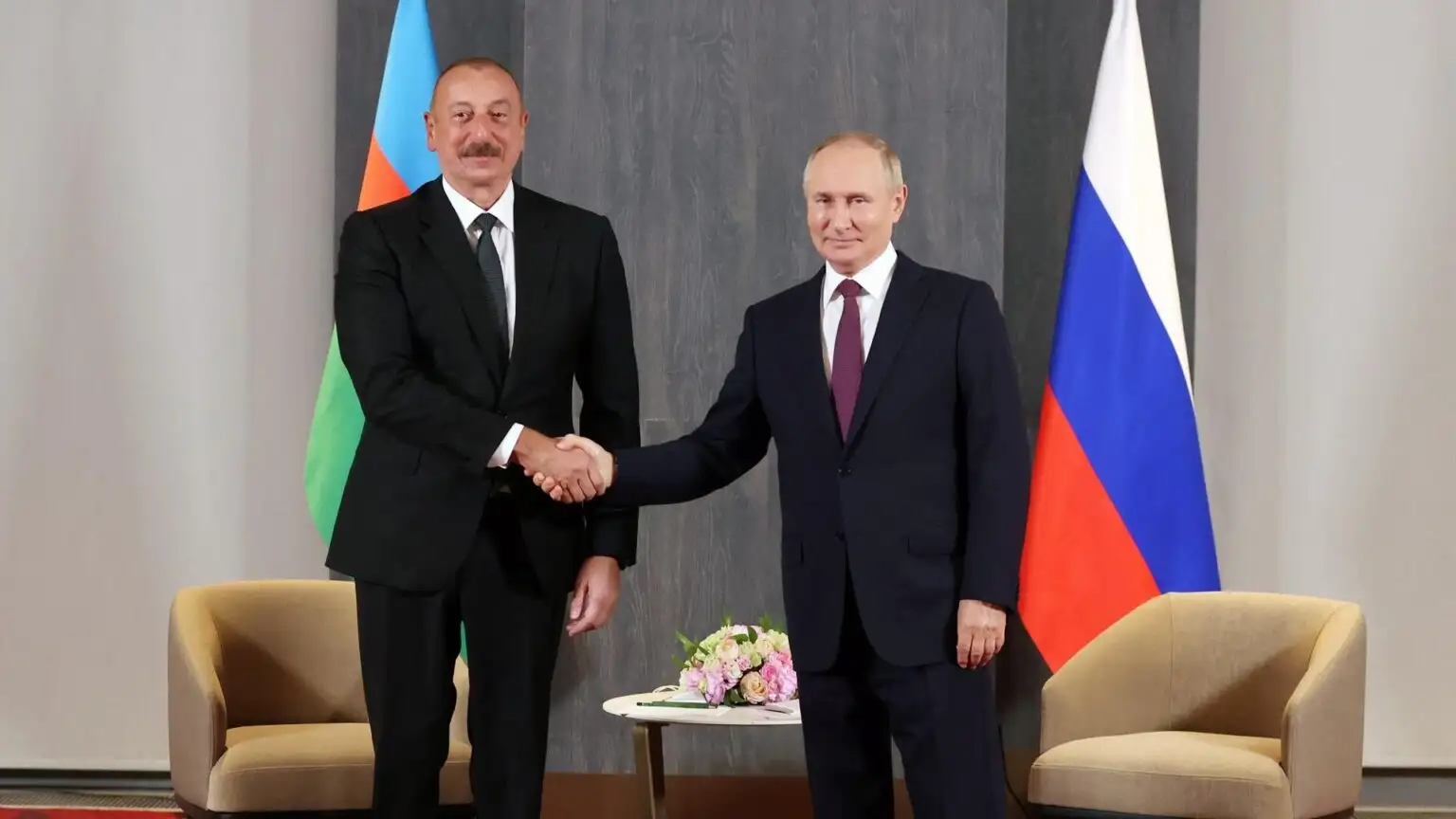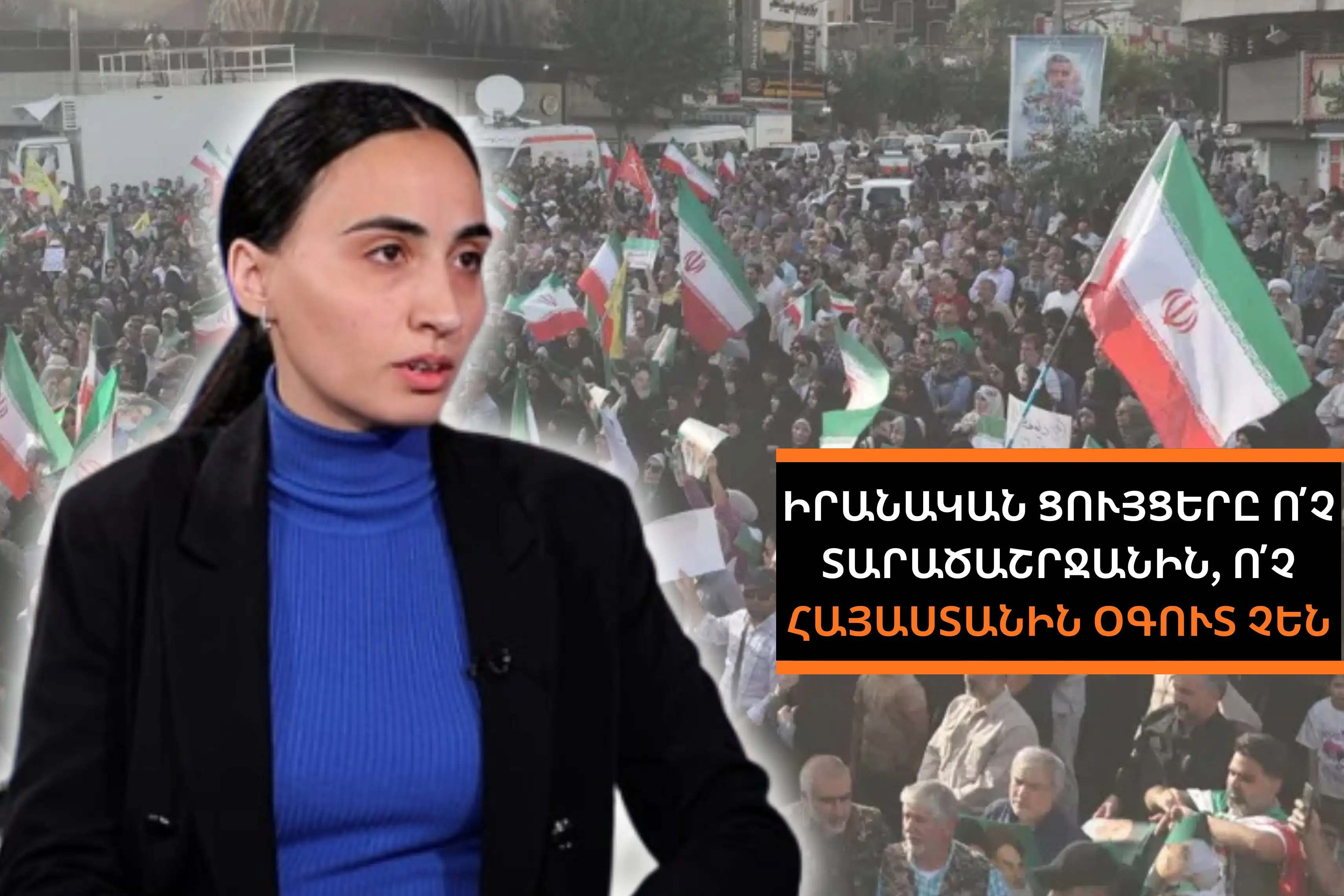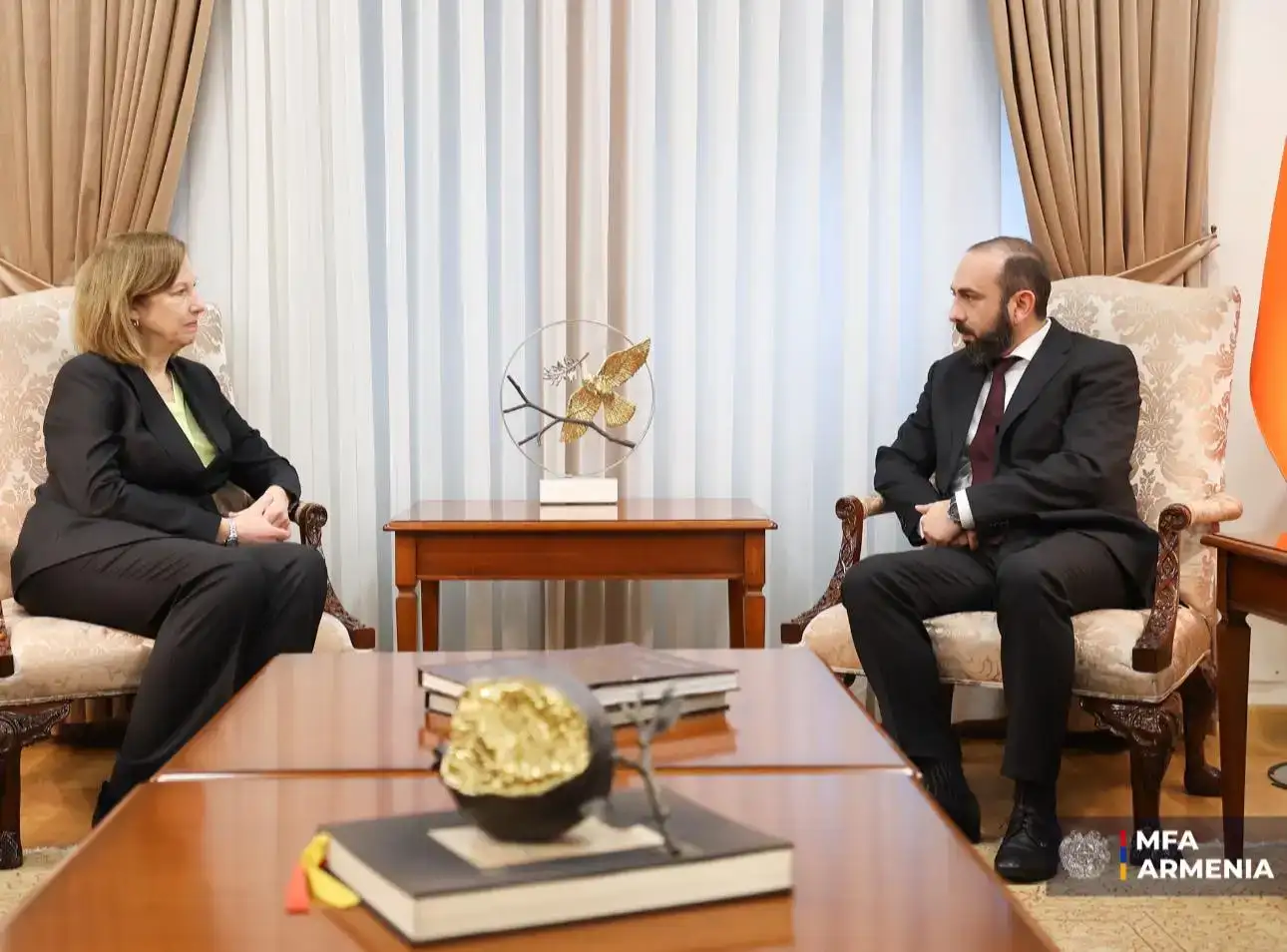Yesterday, Russian President Vladimir Putin met with Azerbaijani President Ilham Aliyev in Dushanbe. This was their first meeting after a long break in relations and tensions. The conversation focused on normalizing relations between the two countries and discussing the problems of the past year.
"This meeting was predictable for a long time, which was supposed to imply the start of the process of normalizing relations between Russia and Azerbaijan, the start of the crisis that was created as a result of the shooting down of an Azerbaijani passenger plane in late 2024," political scientist Armen Petrosyan said in an interview with Radar Armenia.
According to him, in recent months, the Russian side has repeatedly presented initiatives to resolve the issue. At the same time, Azerbaijan initially refused to accept them, aiming to take more independent steps, especially to normalize relations with Armenia and deepen ties with the United States. "The Azerbaijani side was able to resolve its issues in the areas mentioned above and actually went to Russia, and we witnessed a meeting of the two leaders, which will ultimately lead to the normalization of relations," the political scientist said, adding that it is essential to note that Aliyev's call on Putin's anniversary had a particular influence on this meeting.
According to the political scientist, the Russian side reaffirmed its principled approach, not accepting full responsibility but accepting some compensation obligations, while taking into account that the plane was damaged in Russian airspace and that the incident resulted from air defense actions. According to the political scientist, this shows that the Russian position has not changed, despite Azerbaijani demands and ongoing negotiations.
During the meeting, Aliyev emphasized that relations between Russia and Azerbaijan have thrived this year. According to the political scientist, at the public level, Russian-Azerbaijani tensions have eased. Still, the potential for further deterioration in relations or the emergence of conflict remains, depending on political will and available resources. "Some situational issues have been resolved over the past 10 months, but full stability of relations is not yet achieved," he emphasized.




















